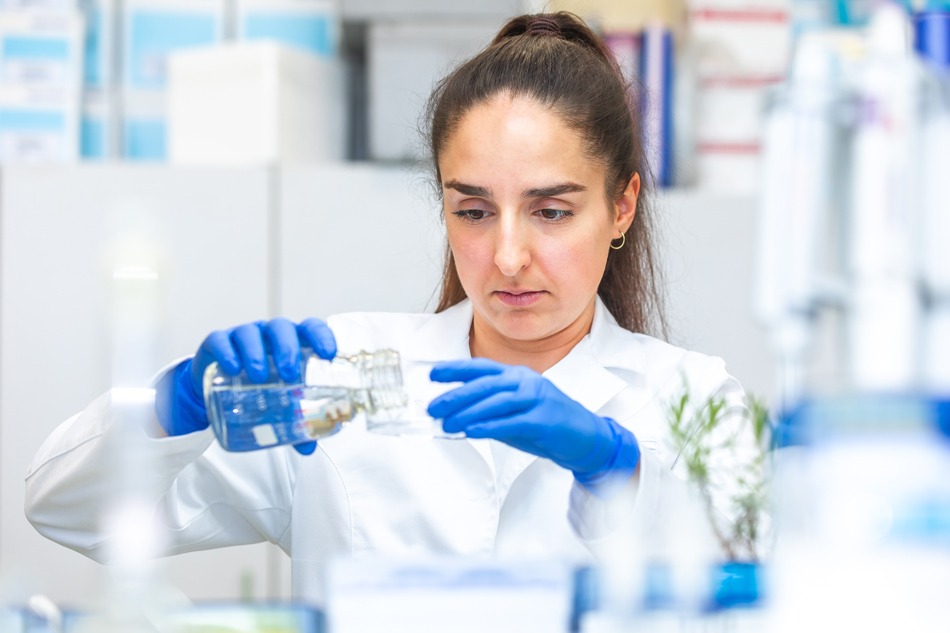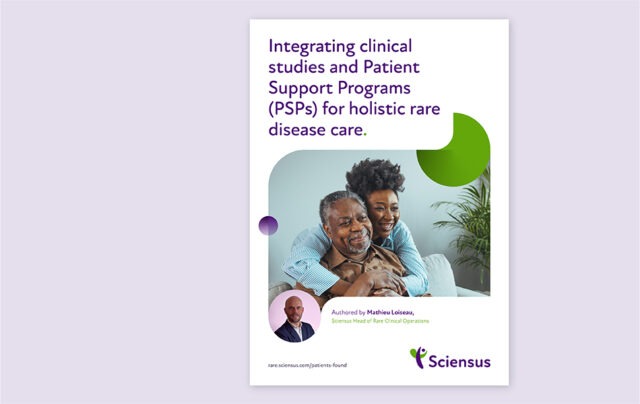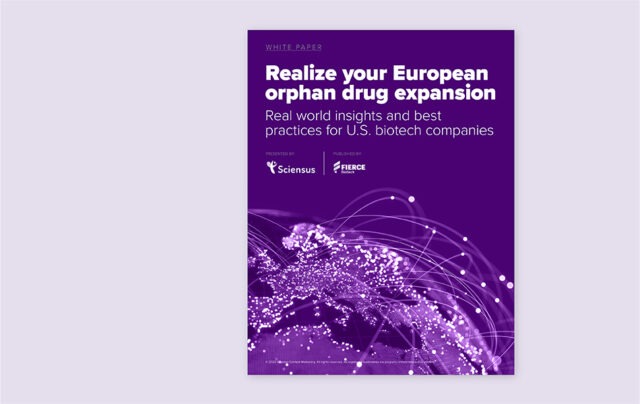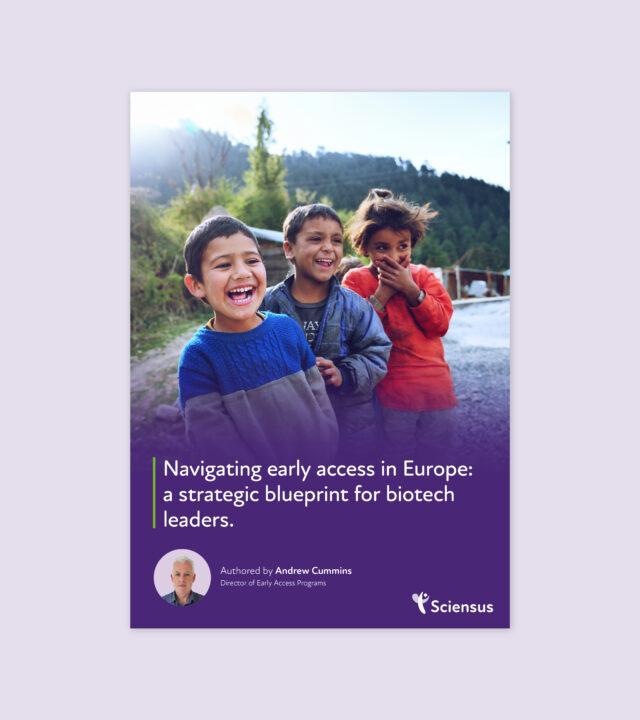
Real-world data’s role in rare disease therapy
Introduction
Developing and commercializing new products to treat rare diseases is a complex undertaking. That said, there are estimated to be 300 million people living with a rare disease worldwide which provides a potentially large market for what are often high-value medications. Increasingly, drug manufacturers are seeking out real-world data (RWD) to support the development, licensing and commercialization of new orphan drugs.

What is Real World Data?
Real World Data is data sourced from various real-world settings including electronic patient health records, health providers’ administrative data, monitoring devices and patient-reported outcomes. It can be used to help those developing and delivering treatments and interventions understand more about patient and population health, patient experiences and behaviours for specific groups or disease areas and the impact of certain drugs or interventions on a patient’s health outcomes in the real world.
What is the difference between Real World Evidence and Real-World Data?
Real-world data is usually considered to be data that is collected during routine care and outside of a clinical trial, while RWE is generated from this data to answer or shed light on a specific research question. The kinds of data used to generate RWE can include patient demographics, medical history, clinical outcomes (including patient-reported outcomes or PROMs), patient-reported experience measures (PREM), costs and resource use and more. It’s not uncommon for several different sources and types of real-world data to be combined to create RWE that is robust and credible.

Why is RWD important when it comes to rare diseases?
In the European union, a disease is classified as ‘rare’ when it affects fewer than one in 2,000 people[1], meaning that knowledge and research on these diseases, their symptoms and the way in which they progress can be limited. For many of the 300 million people diagnosed with a rare disease and their families, the reality of knowing that there is no viable treatment available can be hard. Many will have exhausted all existing treatment options. Sadly, clinical trials for rare disease treatments are scarce, with both practical and ethical obstacles to overcome for biotechs wishing to develop and launch new therapies in the European market.
First and foremost, simply finding enough eligible participants to generate robust results in a single country is challenging because rare diseases affect such a small number of people. When it comes to the practicalities of designing trials, the common approach of the randomized control trial also raises ethical questions around the morality of withholding a potential life changing medicine from someone in great need. For this reason, rare disease trials often lack the control arm, leading to less robust and convincing results.
[1] https://www.ncbi.nlm.nih.gov/pmc/articles/PMC7771654/
Real world data could present a solution to some of these issues in two ways:

1. Guiding and informing the development of new treatments
With each rare disease impacting such low numbers of patients globally, it can be challenging for biotechs wishing to develop a new drug to understand exactly how the condition affects patients. This could include knowing which symptoms are impacting patients the most and how the disease progresses over time.
At the beginning of the new drug development process, RWD is extremely valuable in helping manufacturers to gain a deeper understanding of how a specific condition impacts people across the globe, including whether it is more common among particular ethnic groups. It can also provide insight into how other medications have performed across the globe and if they have produced better, worse or different outcomes with different populations. For example, RWD has helped us to understand that in certain parts of Europe individuals may be hesitant to take injectable drugs while in other areas it is seen as the most effective way to receive treatment.

2. Supporting the licencing and commercialization process
As we’ve discussed, clinical trials for rare disease treatments are challenging and the results may not always be as robust as regulators would like. Even within the limited number of people impacted by a specific rare disease, many will not be eligible for a clinical trial meaning the amount of data that can be collected is low. RWD can be a viable alternative to clinical trial data when it comes to supporting licensing applications. For example, the evidence can be generated from monitoring data when a drug is made available under an expanded access program (EAP).
Expanded access programs (EAPs) are being used more and more by pharma companies to widen access to patients who do not meet the eligibility criteria for a clinical trial, or even continue access for patients who have completed a clinical trial. RWD generated during an EAP can provide a better reflection of the realities of a drug’s use, as a patient on an EAP will tend to be more representative of the real-life patient the drug is eventually going to be used with than a clinical trial patient. Manufacturers can also generate vital insight into how their product works across various genetic backgrounds and healthcare systems. This can all be extremely valuable for eventual regulatory submissions and market access.
Furthermore, a growing trend involves combining real-world data from various sources to serve as a real-world comparator cohort (rwCC) for a single-arm clinical trial (SAT) in rare subpopulations. This is done to conduct research and assist in regulatory decision-making.
The Sciensus proposition
At Sciensus, we excel in designing research protocols to generate RWE, capturing and analyzing real-world data, empowering you to make informed decisions throughout your product lifecycle. Our comprehensive support spans clinical study design, funding submissions, market access initiatives, post-market studies, and product evolution strategies.
Electronic Patient-Reported Outcomes (ePRO)
Electronic Patient-Reported Outcomes (ePRO) to systematically collect Real-World Data (RWD), to understand adherence and to monitor patient outcomes. We can include quality of life and therapy specific ePROs/PROMs.
Symptom tracking and comorbidity capture
Advanced pharmacovigilance and adverse event services
Patient surveying/ satisfaction measurements
Design and implementation of pan-European observational studies such as an EMA PASS study
Schedule a meeting with our insight expert
To address your challenges and devise a strategy for collecting real-world data and generating evidence for rare disease therapies, kindly fill out the form below. Our dedicated team is ready to reach out, schedule a meeting, and offer a complimentary consultation to understand and support your specific requirements.




